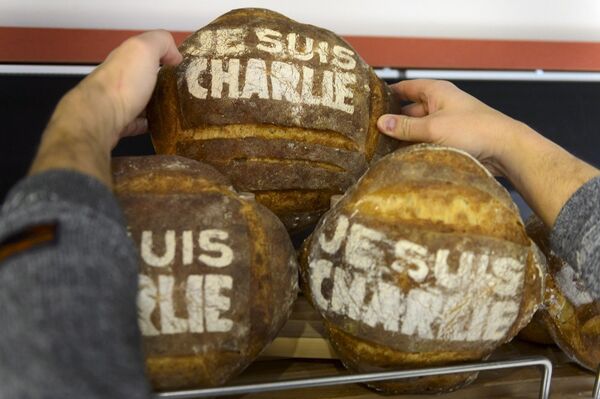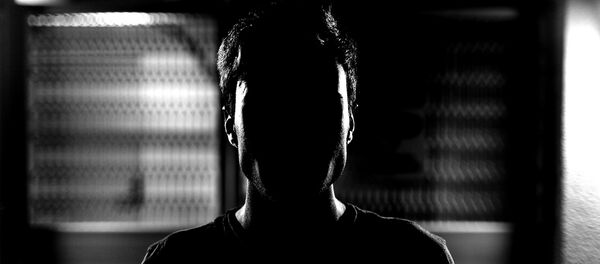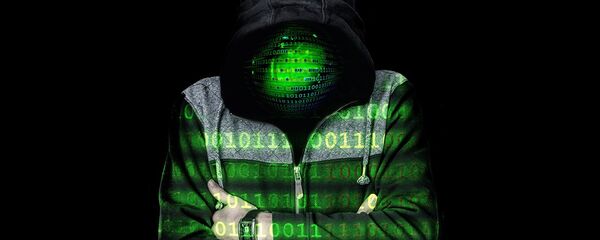At a press conference after their meeting, Cazeneuve called for social media operators running encrypted services to cooperate with security services and the police into criminal investigations.
"If such legislation was adopted, this would allow us to impose obligations at the European level on non-cooperative operators," he told a joint conference with his German counterpart in Paris.
There is still a huge debate within the EU over mass surveillance — an issue that came to the fore following the revelations by former CIA contractor Edward Snowden of mass surveillance by the US National Security Agency (NSA) and Britain's GCHQ.
Although human rights groups have pushed for only selective, targeted collection of communications data, some countries — such as the UK — are introducing legislation allowing for security services to collect bulk communications data — including telephone records, social media usage and web browsing history — in the fight against terrorism.
Welcome initiative by FR and DE on #security. The only way forward is together @BCazeneuve @BMI_Bund @Place_Beauvau https://t.co/bXSmYM9kHt
— DimitrisAvramopoulos (@Avramopoulos) August 23, 2016
However, many people — including terrorists — are switching to encrypted services for messaging each other, or even the dark web. Ahead of their meeting, Cazeneuve and de Maiziere said they would be looking at options to limit the use of encryption in the fight against terrorism.
The position is particularly sensitive for France and Germany, as both have been targeted by terrorists or lone wolf attackers, making the subject of security a sensitive matter, ahead of national elections in both countries next year.
#Encryption under heavy fire as Franco-German Ministerial duo presents new demands for EU's security https://t.co/6hPE9LdKuB
— Access Now (@accessnow) August 23, 2016
Terror Attacks
France was rocked in January 2015 by the Charlie Hebdo shootings in Paris, the related hostage-taking in a kosher supermarket at Porte de Vincennes in east Paris and the November 13 attacks in which 130 were killed and hundreds injured in a series of shootings and suicide bombs.

In July 2016, the driver of a 20-ton truck ploughed into crowds along the promenade in Nice killing 84 and injuring scores more.
On July 18, a 17-year-old youth who had sought asylum in Germany was shot dead by police after wounding five people with an axe on a train near Wurzburg,, in Bavaria, where Merkel's CSU partner party is in power.
An 18-year-old German-Iranian gunman killed nine people in a shopping mall in Munich — also in Bavaria — on July 22 injuring dozens more. Ali Sonboly was fixated by mass shootings but did not appear to have any connections with radicalized Muslims, unlike many of the other attacks.
On July 24, a 27-year-old Syrian man, who was denied asylum, blew himself up on June 24 outside a music festival in Ansbach — Bavaria — injuring 12 people. Also on July 24, a 21-year-old Syrian refugee was arrested after killing a pregnant woman and wounding two people with a machete in the southwestern city of Reutlingen, near Stuttgart.




